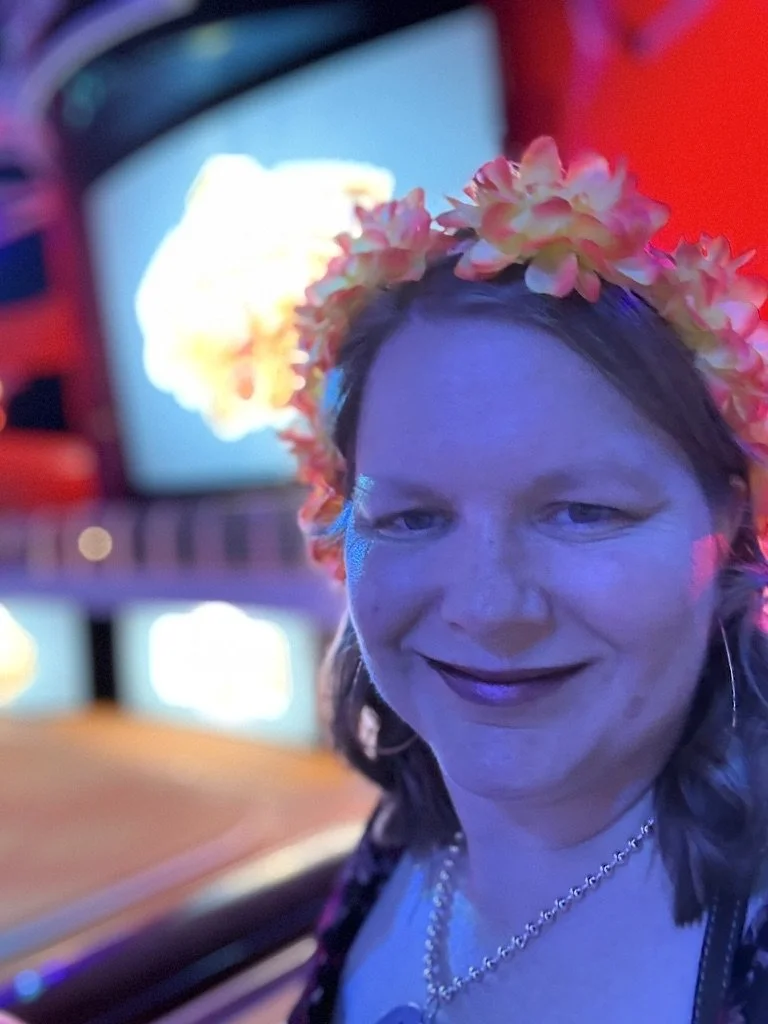As adults, many conflicts begin when our needs go unmet. Maybe we express our need when our partner is busy doing something else. Or perhaps we feel scared that our partner won't be willing or able to meet our need, so we don't express it or we use hints to "test the waters." A key strategy of the Gottman Bringing Baby Home program is to express our needs clearly and regularly so that they don't build up or escape our mouths as criticism or contempt. (Dr. Gottman calls this a negative bid - expressing our bid, or request, in a negative way).
Interestingly, babies have similar strategies that they use when their bids are not met. Check out the videos below to see how babies act when they make a bid (express a need) and their parent does not respond.
So there are 3 things to consider here:
- to slow down and become more aware of the ways that our partners and our babies express their needs,
- to express our own needs clearly and with appreciation,
- and to make an effort to turn off our cell phones when we are spending time with those that we love so that we can be present in the moment.
See also: The dangers of distracted parenting






